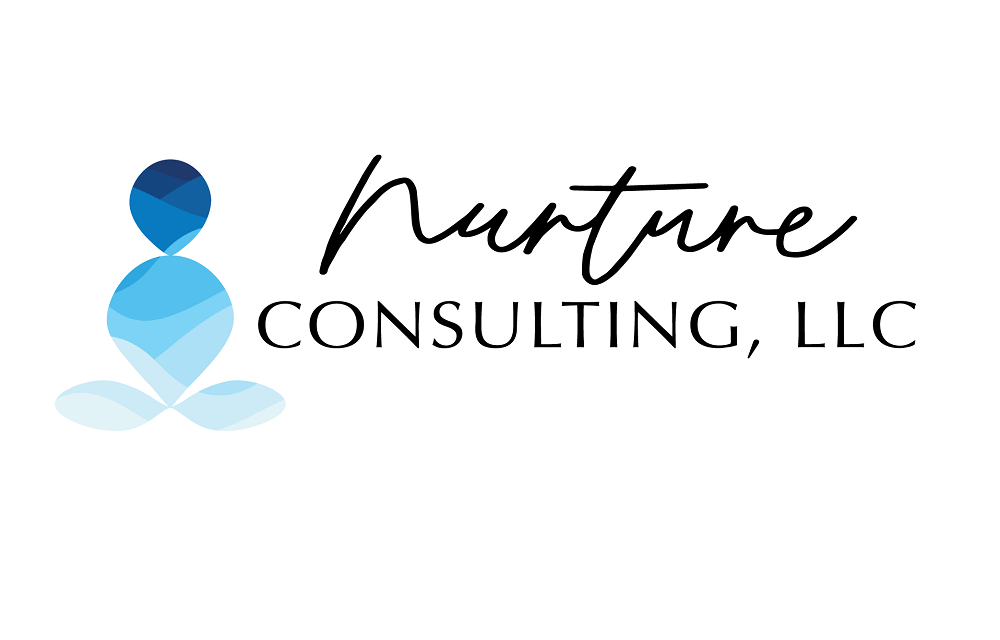Wave Goodbye to the Food Police!
Goodbye Food Police!
Last week a client shared* the following with me: “I've been able to say how much I loved eating something or how good it was and didn’t think about how many calories it had or what others thought about me eating it. I LOVE THIS FEELING!” Her excitement was palpable. There is real freedom in sharing your love for food, not worrying about calories, and not worrying about judgment from others about what or how much you’re eating.
The authors of Intuitive Eating, Evelyn Tribole and Elyse Resch describe the internal voices that judge whether you are abiding by all of your dieting and food rules as the “food police.” The “food police” judge every food decision you make as “good” or “bad”. These internal voices come from what we’ve been told about food (or certain foods) from our parents, peers, media, books, diet programs, coaches, and healthcare providers, among others. I’ve had many clients who grew up in households where certain foods were considered “bad” or were off limits. Not surprisingly, these clients developed strong, internalized rules about these foods. Over time, their food and dieting rules became deeply entrenched and very powerful. When my clients would eat these foods, the “food police” was there, judging their choices as “bad” or “wrong” and leaving them feeling guilty and likely to restrict their food intake as a result. You can learn to say goodbye to the “food police” by challenging these internalized rules and barbs.
Steps for Challenging the Food Police
# 1- Start by paying attention to your internal self-talk (what you’re telling yourself). Identify repetitive and intrusive thoughts that you have about food and notice how these thoughts make you feel. Pay attention to whether your thoughts are black and white (e.g., something is either good or bad- “carbs are bad for you and make you fat”), include judgmental language (e.g., “should”, “must”, “ought”, “need to”, “supposed to”, “have to”- “I should lose X pounds before my vacation” or “I must not eat anything after 7 pm”), are exaggerated (e.g., catastrophic- “I’ll never meet anyone because I’m so large”), or overly linear (one-directional or goal oriented- “The more weight I lose, the better person I am.”).
# 2- Identify one food rule and write it down. Using the descriptions above identify what type of self-talk is involved in the food rule.
Photo by Pixolo Photography (@pixolophotography) via Unsplash
# 3- Challenge the rule. Here is an example: You identify that you have intrusive thoughts about how “bad” carbs are for you. The intrusive thoughts about carbs make you feel anxious and fearful around bread, pasta, and other grain foods. A food rule that you are able to identify is “I’m not supposed to eat more than one piece of bread per day or I will gain weight.” Start asking some questions: Where did this food rule come from? What happens if I eat too few carbohydrates (what has been my direct experience)? Does one food really have the power to change my weight? What do carbohydrates do for my body? Journaling can help with putting words to memories and experiences you’ve had. Some research may be needed too (be careful about the sources you consult- get nutrition information from reliable scientific sources, not ads). Here’s any example of basic information about nutrition: https://www.nal.usda.gov/fnic/macronutrients
# 4- Speak back to the “food police”. Use permissive and kind statements. You could challenge the thought above in a few ways: 1)“I can eat as much bread as I want today” 2) “I need to eat enough carbohydrates every day to give my body the energy it needs” or 3) “No one food has the power to change my weight.”
If you’re ready to say goodbye to the food police, book an inquiry call with me today to learn more about my intuitive eating counseling services!

